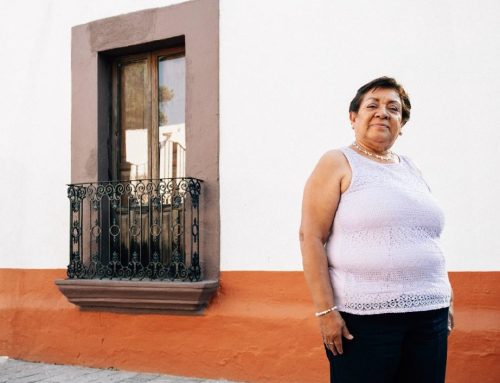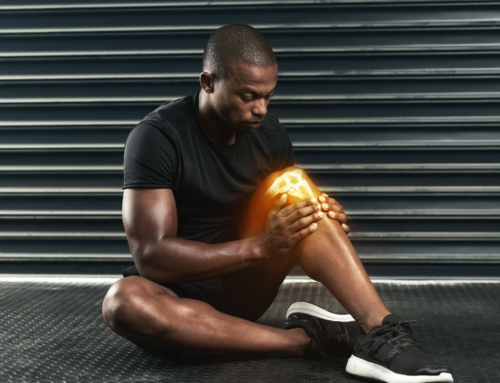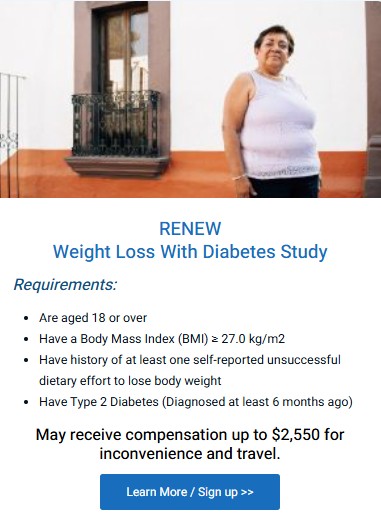
Trial gives participant insights into diabetes
When her endocrinologist suggested she consider a clinical trial involving newly diagnosed Type 1 diabetics, Markee Flint’s head nearly split in half.
“It’s very difficult emotionally when you’re first diagnosed,” says the 27-year-old Durham, N.C., resident. “You’re grieving for your health and trying to work this new chronic illness into your life. Trying to decide whether to participate in a clinical trial on top of that is hard.”
The University of North Carolina was conducting a two-year Phase 3 trial of a drug that researchers hoped would preserve beta cell function in newly diagnosed Type 1 diabetics, but Markee was nervous about the risks and concerned because she’d have to miss six days of work. What’s more, researchers advised participants against becoming pregnant during the trial and Markee and her boyfriend were talking about getting married and starting a family.
Markee read the trial information carefully and sought input from both loved ones and professionals. In the end, she says, “I felt like if I didn’t do it I’d regret it for the rest of my life.”
Markee joined the double-blind study, which called for participants to be infused with either a placebo – also known as a “dummy drug” — or the investigational drug for eight consecutive days. Over the next two years researchers would evaluate her condition using blood draws, meal tolerance tests, clinic visits, and information she entered in a personal digital assistant.
Markee admits the eight days spent lying in a hospital bed while she received her infusion treatments were painfully boring. Still, she says, other than an excruciating headache during one of her last treatments, for which the research staff gave her Tylenol with codeine, she didn’t suffer any other side effects. As her two-year participation comes to an end, Markee says the most oppressive aspect of the research has been the mundane task of tracking her meal, insulin and blood sugar data.
But if Markee has been surprised by the tedious nature of the trial’s downside, she’s been even more surprised by the inspirational nature of the upside.
“When I was diagnosed, I’d never met anyone with Type 1 diabetes,” Markee says. “I was really lonely because I felt no one really understood what I was going through. My coordinator at UNC helped me connect with the diabetes community and that helped me.”
Those new friendships have helped change her perspective on clinical trials as well, Markee says.
“When I joined the trial I just wanted to help myself. I didn’t really care about trying to help society or serving the greater good. But as you meet more people who have the same condition as you, you start to hope. Even if you didn’t get the drug, you hope you’re doing your small part because all of a sudden it means so much more.”
Related Posts
Subscribe to Hear About New Trials First
Subscribe to Hear About New Trials First
Subscribe to our newsletter by adding your email and keep up to date with the new studies we are offering as well as study results and more.








